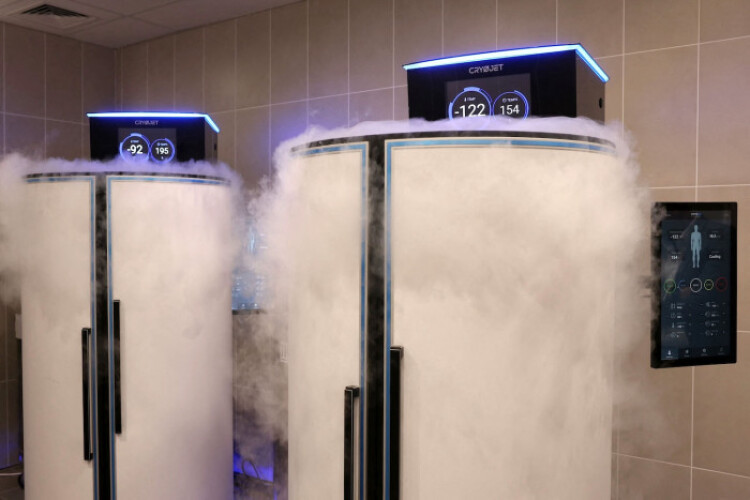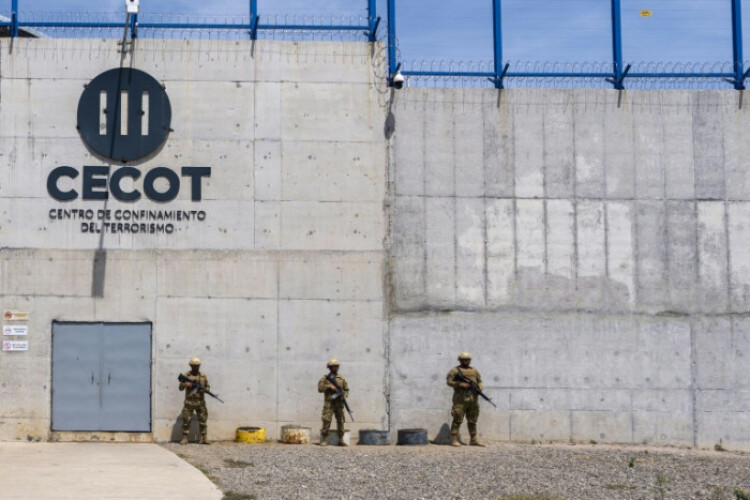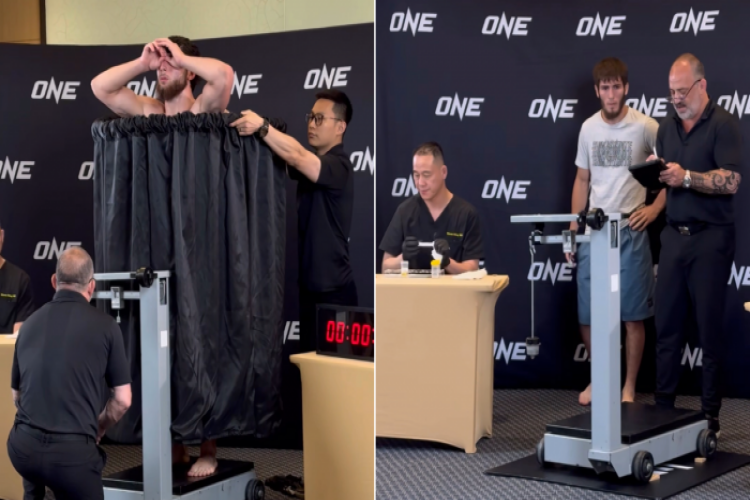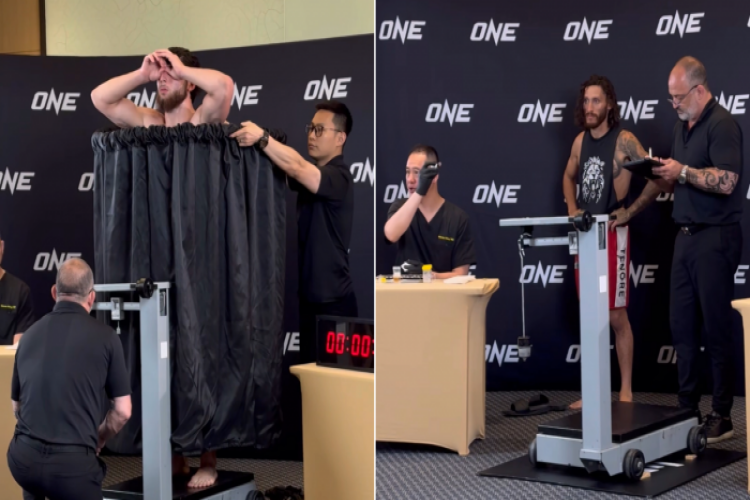
PARIS - A woman injured during a fatal cryotherapy session at a gym in France’s capital earlier this week is now brain-dead, the prosecutor’s office said on Friday.
The client, in her early thirties, was admitted to hospital in a critical condition after an accident late Monday that claimed the life of a gym employee in her late twenties.
The client has been brain-dead since Thursday, the Paris prosecutor’s office said.
An autopsy on the first victim showed she suffocated due to a lack of oxygen, it added, which might confirm the theory of a nitrogen leak into the cryotherapy chamber.
Cryotherapy uses vaporised liquid nitrogen or nitrous oxide to lower the skin’s surface temperature to below minus 100 degrees Celsius for a recommended time of no more than three minutes.
Nitrogen is a colourless, odourless gas. It makes up around 80% of the air we breathe, while oxygen accounts for 20%.
But a nitrogen leak in a closed space could lead to oxygen depletion.
Advocates say whole-body cryotherapy is effective in reducing muscle soreness, stress, rheumatism and various skin conditions — like ice baths.
But many experts warn that the treatment has not been proven to be medically sound and are urging further research to determine the short- and long-term effects.
Cryotherapy sessions came under scrutiny in the United States in 2015 after a woman froze to death at a Las Vegas spa.
The 24-year-old woman was believed to have entered one of the spa’s cold chambers after business hours to relieve some aches, and was discovered the next day by a co-worker.
The client, in her early thirties, was admitted to hospital in a critical condition after an accident late Monday that claimed the life of a gym employee in her late twenties.
The client has been brain-dead since Thursday, the Paris prosecutor’s office said.
An autopsy on the first victim showed she suffocated due to a lack of oxygen, it added, which might confirm the theory of a nitrogen leak into the cryotherapy chamber.
Cryotherapy uses vaporised liquid nitrogen or nitrous oxide to lower the skin’s surface temperature to below minus 100 degrees Celsius for a recommended time of no more than three minutes.
Nitrogen is a colourless, odourless gas. It makes up around 80% of the air we breathe, while oxygen accounts for 20%.
But a nitrogen leak in a closed space could lead to oxygen depletion.
Advocates say whole-body cryotherapy is effective in reducing muscle soreness, stress, rheumatism and various skin conditions — like ice baths.
But many experts warn that the treatment has not been proven to be medically sound and are urging further research to determine the short- and long-term effects.
Cryotherapy sessions came under scrutiny in the United States in 2015 after a woman froze to death at a Las Vegas spa.
The 24-year-old woman was believed to have entered one of the spa’s cold chambers after business hours to relieve some aches, and was discovered the next day by a co-worker.











